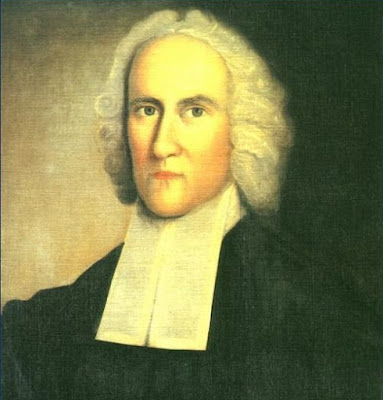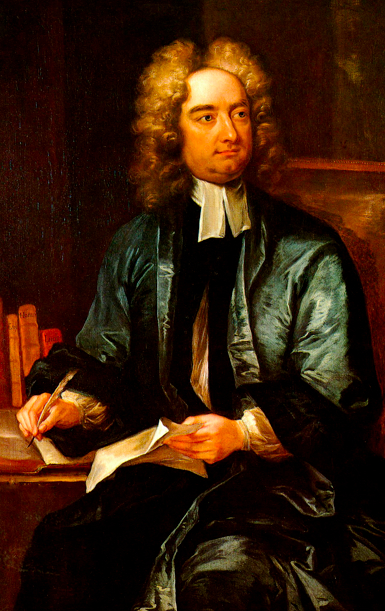Today I cannot remember what caused the original fascination with the question. During college I think it might have gained some momentum from the ideas of the creation theologians of Europe whom Bo Reicke once told me about. I've still got those books . . . in a box somewhere. I'll have to dig them out and look at them again.
I do remember thinking at the time that an appropriate theological answer had to be "love," but every time I discussed this with serious people, the discussion, I think by mutual perception, always ended up feeling kind of, well, corny!
The trouble was I couldn't exactly nail down any sources which propounded that answer, nor could I really point to a fully worked out history of the idea. I dabbled with it for a while, and like so many ideas and enthusiasms of youth, it ceased to preoccupy my attention eventually.
And then I happened to read this today and all that came flooding back. The selection finally gives me an historical fix on the problem, from an essay on the trinitarian theology of Jonathan Edwards, by one Daniel M. Harrell, here:
The infinite happiness of God in community generates a delight that cannot be contained (for then God would be less happy, a logical impossibility). God's love radiates outward, emanating forth like a fountain. Edwards preached:
There is in heaven this fountain of love, this eternal three in one, set open without any obstacle to hinder access to it. There this glorious God is manifested and shines forth in full glory, in beams of love; there the fountain overflows in streams and rivers of love and delight, enough for all to drink at, and to swim in, yea, so as to overflow the world as it were with a deluge of love.
It was this unhindered, radiating deluge of love that resulted in creation. Trinitarian love is manifest in the interrelatedness of creation—nothing exists in pure independence. Trinitarian love is manifest in redemption that ushers saints into participation in God's overflowing happiness, a happiness that extends infinitely into eternity.
As it turns out, Edwards was also responsible for another aspect of Christian theological thinking which prepared the way for the psychological-social interpretation of the Christian life as "relational," a concept derived directly from his conception of the trinity and necessarily following from it. It is uncanny how in Edwards' conception of the trinity the only begotten son of God is a kind of perfect projection of the infinitely perfect thoughts of the father, which conception has an interesting bearing on what people mean when they say they have a personal relationship with Jesus. Is he not also a projection of our own minds, mediated by the thoughts we have of him, absorbed through the Bible?
In retrospect it's no wonder that the interdisciplinary department in which I studied religion so long ago with experts in Hinduism, Confucianism, Judaism and Islam failed me on this one. The Great Awakening wasn't exactly their forte.
Looks like I have some work cut out for me. At least I know where to start.
(originally posted June 2011)
(originally posted June 2011)
















